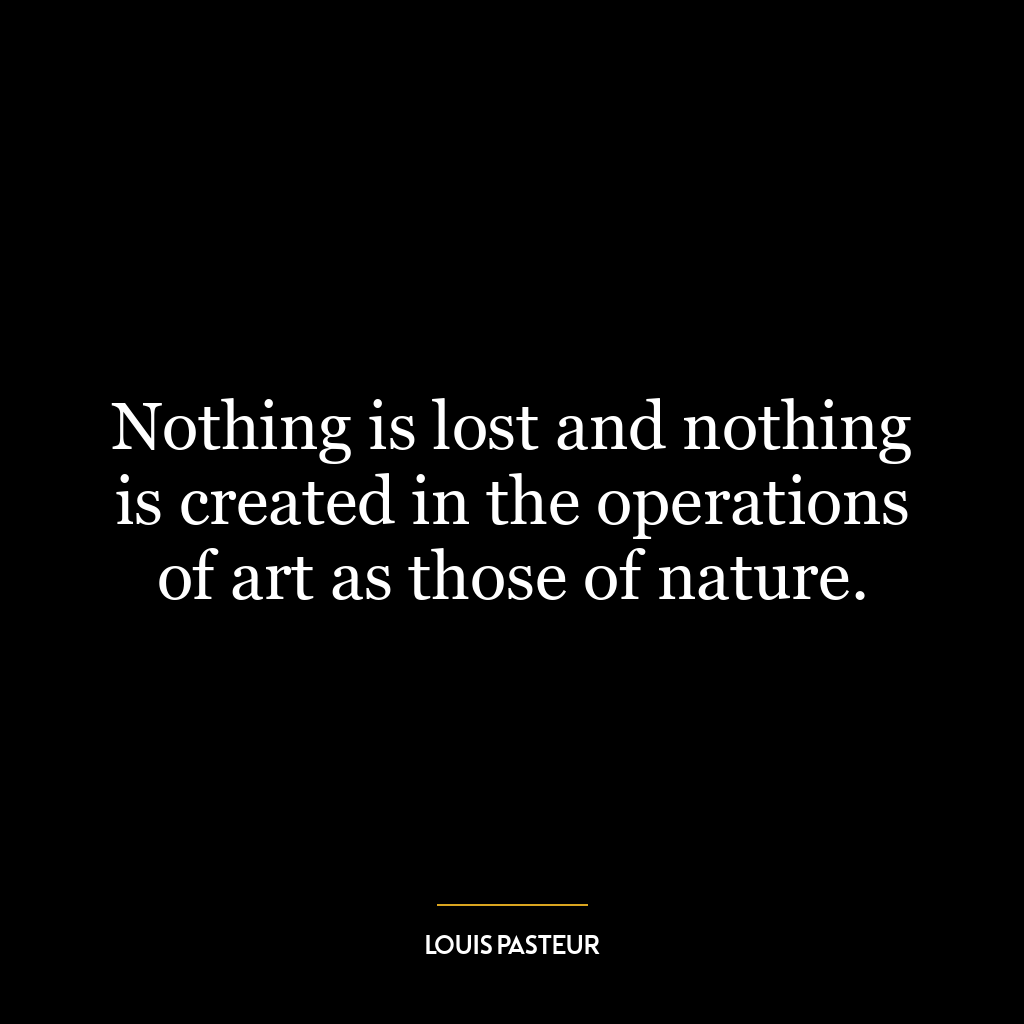Don’t let the measurable drive out the relevant
“Don’t let the measurable drive out the relevant” is a profound statement that encourages us to not solely rely on quantifiable data but to also consider the qualitative aspects that may be relevant but not easily measurable. It emphasizes the importance of balance between what can be measured, like data or facts, and what can’t be, like emotions, experiences, or intuition, which are often just as relevant, if not more.
In our data-driven world, this quote is highly relevant. We are often obsessed with numbers, statistics, and measurable results. For instance, a company might focus on hitting certain sales targets, but in the process, neglect the quality of its products or the satisfaction of its customers, which are harder to measure but equally important.
Similarly, in education, a student’s understanding of a subject can’t be fully measured by test scores. Creativity, critical thinking, and curiosity are equally important but less measurable aspects of a successful learning experience.
In personal development, this quote can be applied to the pursuit of success. Success is often measured in tangible terms: money, fame, or power. However, these measurable indicators can sometimes drive out the more relevant but less measurable aspects of success, such as happiness, fulfillment, and personal growth.
In conclusion, while measurable data is important, it should not overshadow or eliminate the consideration of less tangible but relevant factors. A balanced approach that takes into account both measurable and non-measurable aspects ensures a more holistic and accurate understanding of our world and ourselves.















